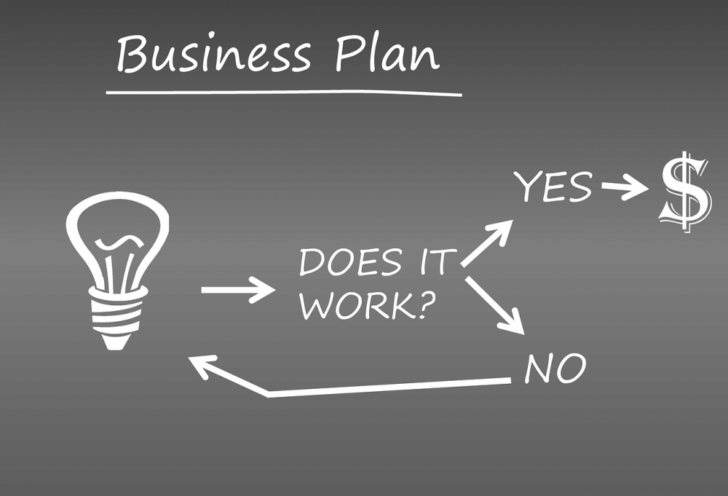Startup Sweden: Revolutionizing the Swedish Business Landscape

Introduction:
In recent years, Sweden has emerged as a hotbed for innovation and entrepreneurial endeavors. The startup ecosystem in the country, aptly named ”Startup Sweden,” has gained significant momentum, attracting attention from investors, entrepreneurs, and enthusiasts alike. In this article, we will provide an in-depth overview of Startup Sweden, exploring its various facets, measuring its quantitative impact, discussing the differences between different types of startups, and delving into the historical pros and cons associated with this burgeoning phenomenon.
I. Overview of Startup Sweden:

Startup Sweden is a community-driven initiative aimed at fostering a culture of innovation and entrepreneurial growth in Sweden. It encompasses a diverse range of startups across various industries, including technology, healthcare, clean energy, e-commerce, and more. The initiative is backed by the Swedish government and supported by numerous organizations, such as Venture Cup, Sting, and SUP46, that provide resources and guidance to startups at different stages of their journey.
II. Presentation of Startup Sweden:
Startup Sweden comprises a spectrum of startups, each with its unique characteristics and value propositions. Some prominent types of startups in the ecosystem include:
1. Technology Startups: These are the pioneers of disruptive technological advancements and include companies specializing in artificial intelligence, blockchain, fintech, and augmented reality. Examples include Klarna, Spotify, and Truecaller.
2. Social Impact Startups: These startups aim to address societal challenges and create positive change. They focus on areas such as healthcare, sustainable development, and education. Noteworthy examples include Karma, a food waste reduction platform, and Doctrin, a digital healthcare solution.
3. E-commerce Startups: With the rise of online shopping, e-commerce startups have flourished in Sweden. Companies like Tictail and Nudie Jeans have revolutionized the way consumers shop, offering unique, sustainable, and personalized products.
III. Quantitative measurements of Startup Sweden:
The impact of Startup Sweden can be measured through various quantitative metrics that showcase its growth and influence. Some key measurements include:
1. Funding: Startup Sweden has experienced a significant influx of investment, with venture capitalists, angel investors, and corporate funds actively involved in financing promising startups. In 2020 alone, Swedish startups raised a record-breaking 3.2 billion in funding.
2. Job Creation: Startups play a crucial role in job creation, acting as catalysts for employment opportunities. According to recent data, Swedish startups created over 210,000 jobs between 2014 and 2019, contributing to both the economy and overall employment rate.
3. International Expansion: Startup Sweden has witnessed an increasing number of startups expanding their operations beyond national borders. This expansion not only promotes Swedish innovation globally but also generates revenue for the country.
IV. Discussing the Differences among Startup Sweden:
Despite the overarching goal of fostering innovation and entrepreneurship, startups in Sweden can differ significantly in terms of their business models, target markets, and growth strategies. Some key factors that distinguish these startups include:
1. Scalability: While some startups aim for rapid growth on a global scale, others focus on niche markets and seek sustainable growth. Both approaches have their benefits and challenges, with scalable startups attracting more attention from investors.
2. Industry Focus: Different startup sectors have varying levels of competition, market size, and growth potential. Tech startups, for instance, often operate in highly competitive environments, while startups in areas like cleantech and biotech may face more regulatory hurdles.
V. Historical Overview of Pros and Cons associated with Startup Sweden:
Startup Sweden has its history of both successes and challenges. Understanding the pros and cons of this phenomenon can provide valuable insights for aspiring entrepreneurs:
1. Pros: Startup Sweden has facilitated the creation of innovative solutions, disrupted traditional industries, invigorated the job market, and attracted global attention to Swedish entrepreneurship and innovation.
2. Cons: Some challenges faced by startups in Sweden include high costs of living, competition for talent, limited access to capital for early-stage ventures, and difficulties in scaling internationally.
Conclusion:
Startup Sweden has transformed the Swedish business landscape, establishing the country as a thriving hub for innovation and entrepreneurship. With a diverse range of startups across various industries, quantifiable impact, and unique differentiators, Startup Sweden has positioned itself as a global force to be reckoned with. As the ecosystem continues to evolve, it is crucial to support these startups and address the challenges they face, ensuring their sustained growth and success for years to come.





















